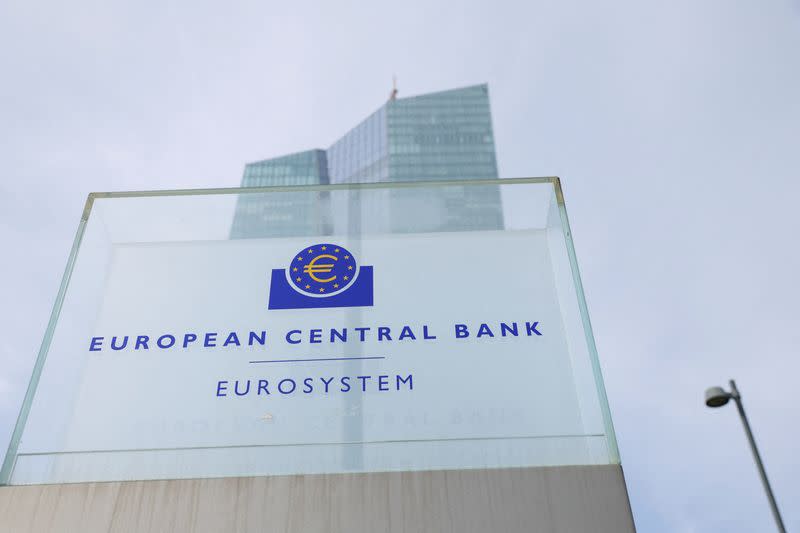Bulgaria's euro zone accession could be delayed by months - cbank governor

BELGRADE (Reuters) - If Bulgaria fails to meet European Central Bank inflation targets in June, its planned accession to the euro zone in 2025 could be delayed by months, the country's central bank governor told Bulgarian News Agency (BTA)on Thursday.
"If Bulgaria fails to meet the inflation criterion in June and does so later in 2024, joining the euro area later in 2025, rather than on January 1, is a possible and, at this stage, more likely scenario," Dimitar Radev said.
The next ECB biennial convergence report comes out in June. It will contain a country by country assessment on each the performance of each candidate to join the euro currency.
Bulgaria's annual inflation in March dropped to 3.5%, but that may not be low enough to join the euro zone. To enter, a country's inflation rate cannot be higher than 1.5 percentage points above the rate of the three best-performing member states.
In an interview Radev said that fiscal policy will have a role in price control.
"The budget should be counter-cyclical, or, in other words, anti-inflationary, which it is not at the moment," Radev said.
"Global experience, as well as our own, shows that this can best be achieved through effective cost management and control measures."
He said the banking sector "achieved a very advanced stage of preparation, with concrete results in terms of the institutional framework, capacity and logistics."
(Reporting by Ivana Sekularac; Editing by Alexandra Hudson)

 Yahoo Finance
Yahoo Finance 